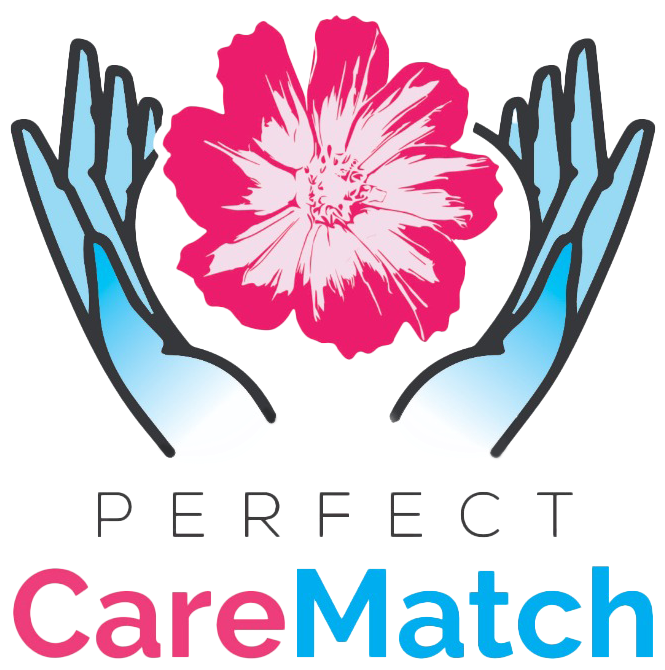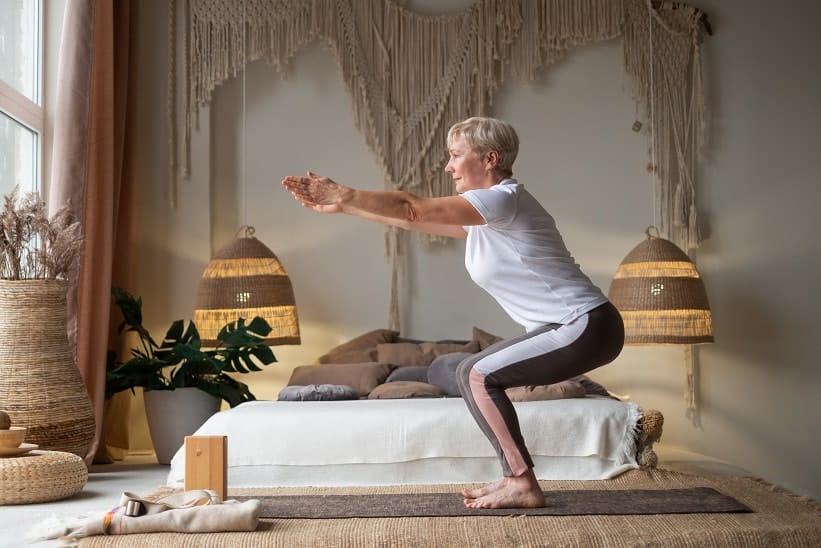While holistic senior care incorporates alternative or complementary treatments, it is administered by qualified medical practitioners like MDs, integrative physicians, nurse practitioners, and DOs.Wellness redefined
What comes to mind when you think about wellness? Most often wellness is associated with the absence of disease. However, humans have needs beyond the physical that require care and attention: emotional, spiritual, social, and intellectual wellness are integral to wellbeing. Incorporating care for every facet of human needs is vital for overall health and fulfillment in life.
As a model of care, according to the National Institutes of Health, holistic care “…refers to the provision of care to patients …based on a mutual understanding of their physical, psychological, emotional, and spiritual dimensions.”
Holistic senior care is much more than management of disease and illness; as an approach to health care that supports the whole person, it seeks to achieve wellness through balance.
Misconceptions about holistic care
A commonly held belief is that “complementary” or “alternative” therapies replace sound medical knowledge and science, but nothing could be further from the truth. Let’s look at pain control as an example:
How do you typically manage pain? Do you use traditional medical methods like medications? Do rest or ice or heat normally help relieve pain? Physicians routinely order these treatments. Think of holistic care as a non-drug add-on to common pain management methods. In addition to medications or rest, pain control can be addressed with methods such as massage, acupressure, spiritual practice, exercise, nutrition, and others. Treating the whole of the person in pain can relieve the severity of symptoms in a way that traditional methods alone don’t.
Perfect Care Match believes in the power of holistic care
Rest assured that when you choose PCM as your home care provider, your care plan will be developed with your specific needs in mind. Our focus is assisting our clients in living their best lives, however they may envision it.
Our team understands that our home care clients experience numerous challenges to wellness, and not necessarily medical conditions. Being homebound for any reason, for any length of time, contributes to a decline in cognition for older adults. Mental health suffers, as does nutrition and the ability to exercise, even if the client has limited mobility. Isolation and loneliness are very common for folks who are homebound with few opportunities for recreation or interaction with others. Without intervention, a lack of holistic support will ultimately lead to a decline in physical health.
Alternative treatments, that is, treatments that do not involve the use of medications, can be a powerful adjunct to any traditional medical practitioner’s treatment plan. However, many advocates of the holistic care model are physicians or other qualified, licensed medical practitioners. Do you believe in the power of prayer, or visualization, or aromatherapy, or yoga? These are all recognized forms of alternative treatment.
Professional Care Match recognizes that there are no “one size fits all” approaches to home care, just like commonly used medical treatments for cancer or dementia are tailored to each patient. Our clinicians work to develop treatment approaches based on the client’s activity tolerance, cognitive status, food preferences and customs, spiritual traditions, and personal interests. We recognize and respect the cultural differences that inform how care is provided.
How does the holistic model help home care clients?
There is immense power in the simple act of touching someone: a hand or scalp massage or a light back rub can be very soothing. Sharing a conversation and a cup of tea can be restorative to the spirit. Guided imagery can improve mood and relieve discomfort. Chair yoga or light exercise keeps muscles active. Time spent outdoors is therapeutic. Religious practices and spirituality help to focus and center the client, particularly in times of stress. A favorite food can bring tremendous comfort for someone who is having trouble eating. Working on a jigsaw puzzle, reading, playing cards, and doing crosswords help to maintain mental acuity. PCM uses countless approaches to enrich the lives of you or your loved one.
Whatever your needs are, Personal Care Match is here for you.

